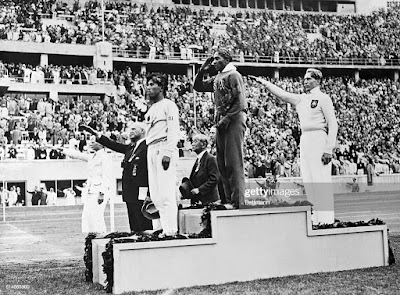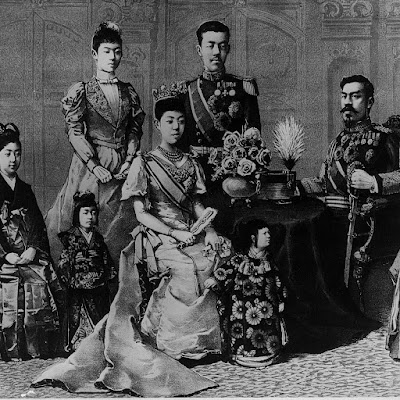The perceptions of the countries of the world are always interesting to encounter. The British food is solely fish and chips, all Americans carry guns, New Zealand is full of hobbits and all Spaniards dance The Flamenco. Etc. Obviously the stereotypes not only differ by country under review but also by the country of those enjoying the review. For example my French friends have rarely mentioned the British penchant for seafood but apparently I do (full disclosure: I'm British) eat roast beef. All day, everyday.
And in return, every Frenchman rides around on bicycles in a black and white striped t-shirt with a string of garlic around his neck. In my humble British opinion of course. And this leads me to my point, stereotypes are just that, an uneducated viewpoint, more often than not, far from reality. And that's as true of Japan as any other country (and if you do ever meet me, please don't mention "fish and chips" thinking you're being original, you're really, really not). So Stereotypes are founded more in ignorance than intelligence and in there lies the rub, they limit our perceptive abilities.
So recently I was in a conversation regarding Geisha. In the West, "Geisha" is, obviously, a pseudonym for "hooker", which genuinely couldn't be further from the truth. Geisha were / are (yes there are still Geisha today, try the backstreets of Kagurazaka in Tokyo) highly trained entertainers in arts of such as Shamisen, poetry or dance. End of story if you were hoping to get lucky when Japan re-opens its doors. True, through the nature of their work they would meet the rich and famous and a relationship may develop. And, when you think about it, that's no different from the origins and foundation stones of any relationship. Even if you happen to be a "Lion Tamer"...




